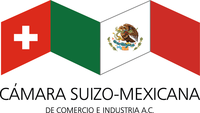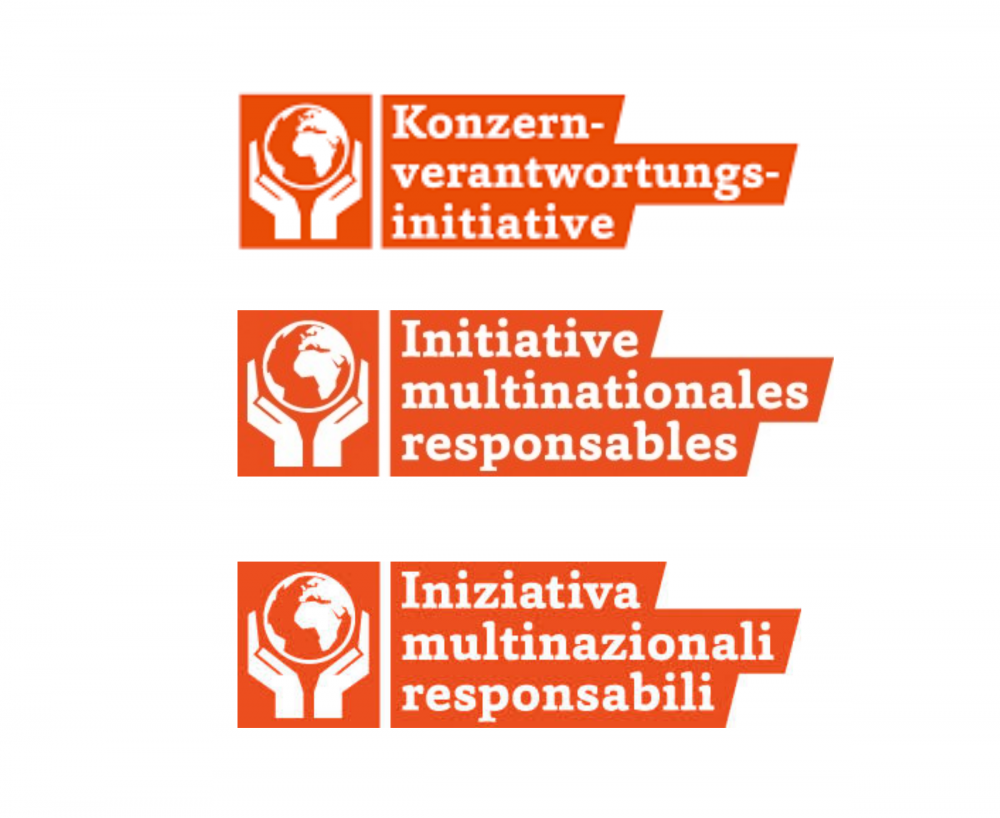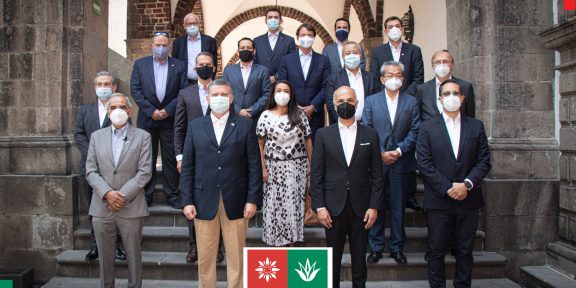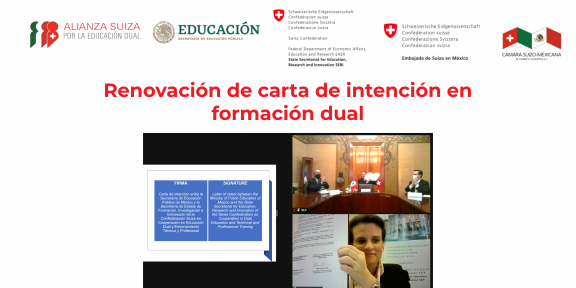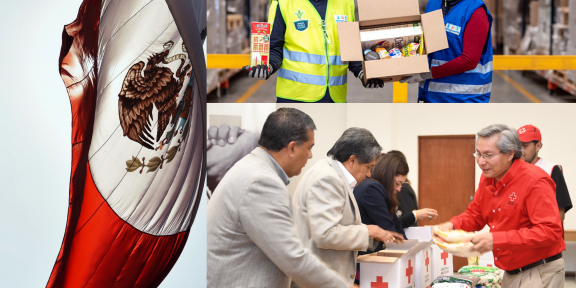
For almost a year, orange flags hanged and waived on façades and balconies of houses in Switzerland. The strong message written in large white letters —alongside two hands carefully holding a globe— says Konzernverantwortungsinitiative: Ja! (Initiative for Greater Corporate Responsibility: Yes!). This initiative was launched three years ago by important Swiss NGOs and now it will be voted on November 29th to decide whether or not to include a legal aspect that deems translational Swiss companies abroad responsible if they violate human rights or harm the environment. This will be done by holding Swiss companies accountable before Swiss courts, for example in cases of fraud, crimes against humanity or business practices that carry out negative effects on the environment.

In which context does this initiative take place? With the increase in world trade, some companies have avoided regulatory measures at home, and have even performed unethical practices abroad. Since the 1970s, the lack of regulation has allowed for maximization of corporate profits, which has greatly benefited its shareholders. Therefore, this topic is matter of discussion for everyone involved directly and indirectly in the environment of a company. Thus, the initiative for Corporate Social Responsibility (CSR) reflects the will of various civic organizations to make CSR a legal-institutional issue. If popularly accepted, this initiative would affect around 1,500 multinational Swiss companies with operations abroad. However, small businesses, excepting those involved in high-risk business (i.e. gold trading) would not be affected.
Thoroughly, this CSR initiative calls for internationally active Swiss companies and their subsidiaries abroad to comply with three codes of conduct and standards. First, a test of diligence that takes into consideration supply chain practices. Second, reporting on all business activities abroad. On third place, allow those affected by business practices abroad to lodge complaints based on Swiss law before Swiss courts.

The main driving force behind this initiative is the Swiss political left, i.e., the Social Democratic Party (SP/PS), which asserts that Swiss companies must be held accountable for their actions abroad. After all, much of Swiss wealth comes from business practices abroad. Surprisingly, there are not few the voices within the Liberal Party (FDP/PLR) that support this initiative, which is to be explained since “Swissness” quality seal will be legally certified. Through this measure, it will encompass high quality-products, production chains and high-quality supply. For those companies that already comply with these standards, the initiative could be an opportunity to show Swiss society the added value that they can bring. In Europe, many countries such as France and the United Kingdom have implemented similar laws. “In the future, these laws will be the norm”, says Florian Wettstein, head of the Department of Business Ethics at the University of St. Gallen (HSG) in an interview with Swiss national television SRF. At this moment, Switzerland could continue to be a pioneering force in preparing the future of Corporate Social Responsibility.
What are the “pros” and “cons” of the initiative?
The initiative has been widely debated in Switzerland. Both sides have presented a great number of arguments to support their position. Regarding the benefits, companies will be required to show more transparency and modify their CSR practice in accordance with contemporary legal and ethical standards. On the other hand, there are several strong arguments against the initiative. For example, it requires companies to prepare reports, under the legal premise that their actions are ethically irresponsible, even if they comply with all regulatory standards. This initiative requires companies to comply with the so-called “reversal of the burden of proof”, which indicates that Swiss companies, their suppliers and subsidiaries, will be in a position in which they will have to confirm their innocence with legal due diligence, and some are afraid that they will not have the institutional capability to deliver such evidence of innocence. Another crucial problem that opponents point out is the difficulties of administrative procedure in international court trials, and the complexity and individuality of possible cases.

Subsequently, the Swiss Parliament has been debating a counterproposal to the initiative, which stresses that all public interest entities (PIEs) must report on social, labor and environmental issues (including their CO2 emission goals). However, this arrangement leaves aside the issue of liability and, in case of infringement, legal actions will be dealt with at the local legal systems, and not under Swiss law. Furthermore, the counterproposal stipulates specific requirements to report information in cases related to the extraction of minerals from conflict zones and child labor. The Federal Council, which serves as the executive branch of Switzerland’s government, has come out in favor of this counterproposal outlined by the Parliament.
On the eve of the poll, the Swiss-Mexican Chamber of Commerce and Industry examines the matter with great interest and awaits the outcome of the decision. After all, Switzerland is the 12th foreign investor in Mexico and, if the initiative is approved, the reporting practices of Swiss companies in Mexico will change. If this is the case, the Working Group on Corporate Social Responsibility and Ethics will hold a meeting on the new reporting regulations and on the legal implications of this initiative.
With images from:
